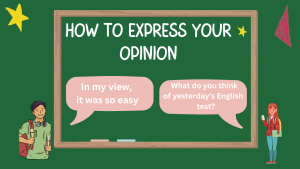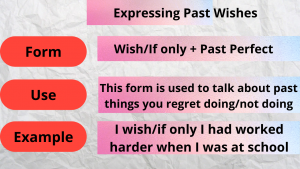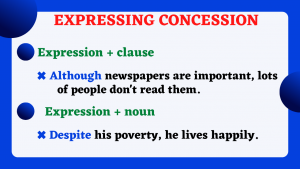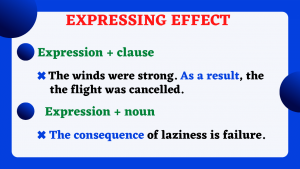Expressing Likes And Dislikes
Expressing likes and dislikes doesn’t mean being aware only of the words and expressions used for this purpose but of their usage as well.
No products in the cart.

Expressing likes and dislikes doesn’t mean being aware only of the words and expressions used for this purpose but of their usage as well.

Talking to people means communicating your ideas and exchanging views with them. That may include expressing your agreement and disagreement.

Expressing opinions the right way is valuable as it establishes a fruitful relationship with your listener, especially negotiating a topic.

The phrase “expressing advice” means seeking and giving advice. You seek advice if you have a problem and you ask someone to help you fix it.

Expressing ability means showing your partner that you have the skill, competence, and capability to do something.

Expressing complaints is showing your dissatisfaction and displeasure in reaction to misconduct or unacceptable behavior from someone.

Apologizing is to tell someone that you are sorry for having done something that might have caused displeasure and embarrassment for him.

Both wish and if only are used in expressing wishes about past situations. To do so, we add the past participle to wish or if only.

Expressions of addition are used to add one statement to another. Some are followed by a noun while others are followed by a clause.

Linking words (or connectors) are transitional words and expressions that help connect ideas within and between paragraphs.

In expressing concession, we use expressions like although and but at the beginning of the clause which contrasts with the main clause.

Expressing effect means talking about something that was caused by another thing; i.e., a change that is the result of an action or cause.